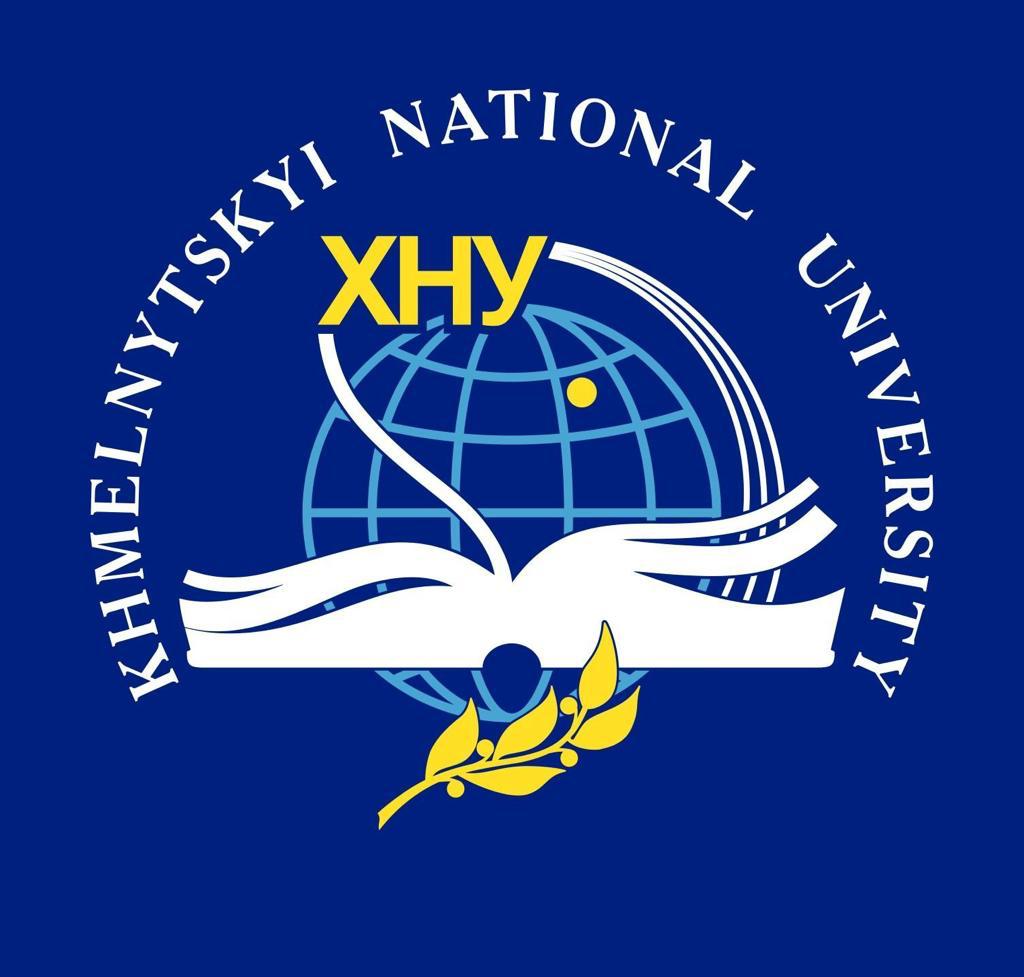THE ROLE OF PARENTS IN FORMING THE MOTIVATION OF PRESCHOOL CHILDREN TO JOIN RIDING
DOI:
https://doi.org/10.31891/pcs.2023.3.5Keywords:
equestrian sport, children's involvement, parental influence, attitudes towards animals, physical activityAbstract
In recent years, children's equestrianism and pony sports have been actively developing in Ukraine. Special children's equestrian competitions have become increasingly popular, allowing preschool-age riders to participate. This age is crucial for laying the foundations of a child's physical and mental health, as well as shaping their motives and attitudes towards physical culture and sports. Adults, particularly parents, play a significant role in this process of surrounding the child. To popularize equestrianism among children and involve preschoolers in this type of physical activity, it is necessary to understand the specific role of parents in motivating children to interact with horses. The aim of this research is to provide a detailed analysis of the influence of parents on the motivation of preschool children for equestrian activities and determine the factors that contribute to the child's development in this field. The following methods were used during the scientific research: analysis of scientific literature and online resources; surveying (questionnaires) and pedagogical observation, comparison, correlation and generalization, mathematical statistical methods. The research showed that parents play an extremely important role in shaping the motivation of preschool-aged children to interact with horses and engage in equestrian activities. Parents' positive attitude towards horses, as well as their own desire to experience equestrianism, contribute to a more effective involvement of children in this form of physical activity. In such cases, parents encourage their children to interact with the animals, actively communicate and support them during training, and provide assistance as needed. On the other hand, adults' expressions of fear towards horses, whether conveyed verbally or non-verbally to children, can lead to a child's refusal to interact with animals and engage in equestrian activities.
References
Rehlament prohramy «Olimpiiskyi StartUp v Ukraini – 2020» [Regulations of the program «Olympic StartUp in Ukraine – 2020»]. Kyiv. 2020. 67 [in Ukrainian].
Pershyi start novoho proektu VFKS «Vseukrainska dytiacha liha» [The first start of the new project of the Ukrainian Children's League by EFU] [in Ukrainian]. URL: https://horses.dp.ua/pershij-start-novogo-proektu-vfks-vseukrayinska-dityacha-liga-vipusk-zhurnalu-51 (data zvernennia 22.06.2023).
Brizhatyi O .V., Prokopova L. I. (2001) Formuvannia motyvatsii fizkulturno-ozdorovchoi diialnosti osobystosti na riznykh vikovykh etapakh yii rozvytku [Formation of Motivation for Physical Fitness and Health Activities at Different Stages of Individual Development]. Pedahohika, psykholohiia ta medyko-biolohichni problemy fizychnoho vykhovannia i sportu. Kharkiv: KhKhPI, (5), 13-18 [in Ukrainian].
Kyrychenko T. H. (2019) Osoblyvosti formuvannia motyvatsii do zdorovoho sposobu zhyttia u ditei doshkilnoho viku. Innovatsiini tekhnolohii v doshkilnii osviti [Features of Forming Motivation for a Healthy Lifestyle in Preschool Children. Innovative Technologies in Preschool Education: Abstract of thesis]. DVNZ «Pereiaslav-Khmelnytskyi derzhavnyi pedahohichnyi universytet imeni Hryhoriia Skovorody», 65-67 [in Ukrainian].
Krutsevych T. Yu., Bezverkhnia H. V. (2010) Rekreatsiia u fizychnii kulturi riznykh hrup naselennia: navch. Posibnyk [Recreation in Physical Culture for Different Population Groups: Education manual]. K.: Olimp. l-ra, 370 [in Ukrainian].
Prokopova L. I., Chkhailo M. B. (2009) Kurs lektsii z teorii i metodyky fizychnoho vykhovannia [Course of Lectures on the Theory and Methodology of Physical Education]. Sumy: vydavnytstvo Vinnychenko M. D., 306 [in Ukrainian].
Lokhvytska L. (2018) Psykholoho-pedahohichni zasady formuvannia osnov zdoroviazberezhuvalnoi zhyttiediialnosti u ditei doshkilnoho viku [Psychological and Pedagogical Foundations of Forming the Basics of Health-Preserving Life Activity in Preschool-Age Children: Collective Monograph]. Kyiv : Milenium, 151-192 [in Ukrainian].
Lokhvytska L. V., Andriushchenko T. K. (2012) Do zdorovia ditei − cherez osvitu doroslykh: Tekhnolohiia vzaiemodii doshkilnykh navchalnykh zakladiv z rodynamy [For the health of children - through adult education: Technology of Interaction between Preschool Educational Institutions and Families: Educational-methodical manual]. Ternopil: Mandrivets, 176 [in Ukrainian].
Trina Hinkley, Jennifer R. McCann. Mothers’ and father’s perceptions of the risks and benefits of screen time and physical activity during early childhood: a qualitative study. URL: https://bmcpublichealth.biomedcentral.com/articles/10.1186/s12889-018-6199-6 (data zvernennia 22.06.2023).
B. Shen, E. Centeio, A. Garn, J. Martin, N. Kulik, Ch. Somers, N. McCaughtry. (2018) Parental social support, perceived competence and enjoyment in school physical activity. Journal of Sport and Health Science, 7 (3), 346-352. URL: https://www.sciencedirect.com/science/article/pii/S2095254616000041 (data zvernennia 21.06.2023).
Daniela Rodrigues, Cristina Padez, Aristides M Machado-Rodrigues. Active parents, active children: The importance of parental organized physical activity in children’s extracurricular sport participation. URL: https://journals.sagepub.com/doi/pdf/10.1177/1367493517741686 (data zvernennia 22.06.2023).
Evin Aktar, Milica Nikolić, Susan M. Bögels. (2017) Environmental transmission of generalized anxiety disorder from parents to children: worries, experiential avoidance, and intolerance of uncertainty. Dialogues in Clinical Neuroscience. 19 (2), 137-147. DOI: https://doi.org/10.31887/DCNS.2017.19.2/eaktar.
Pony Measuring System – FEI Inside. URL: https://inside.fei.org/fei/your-role/veterinarians/welfare/pony-measuring (data zvernennia 20.06.2023).





